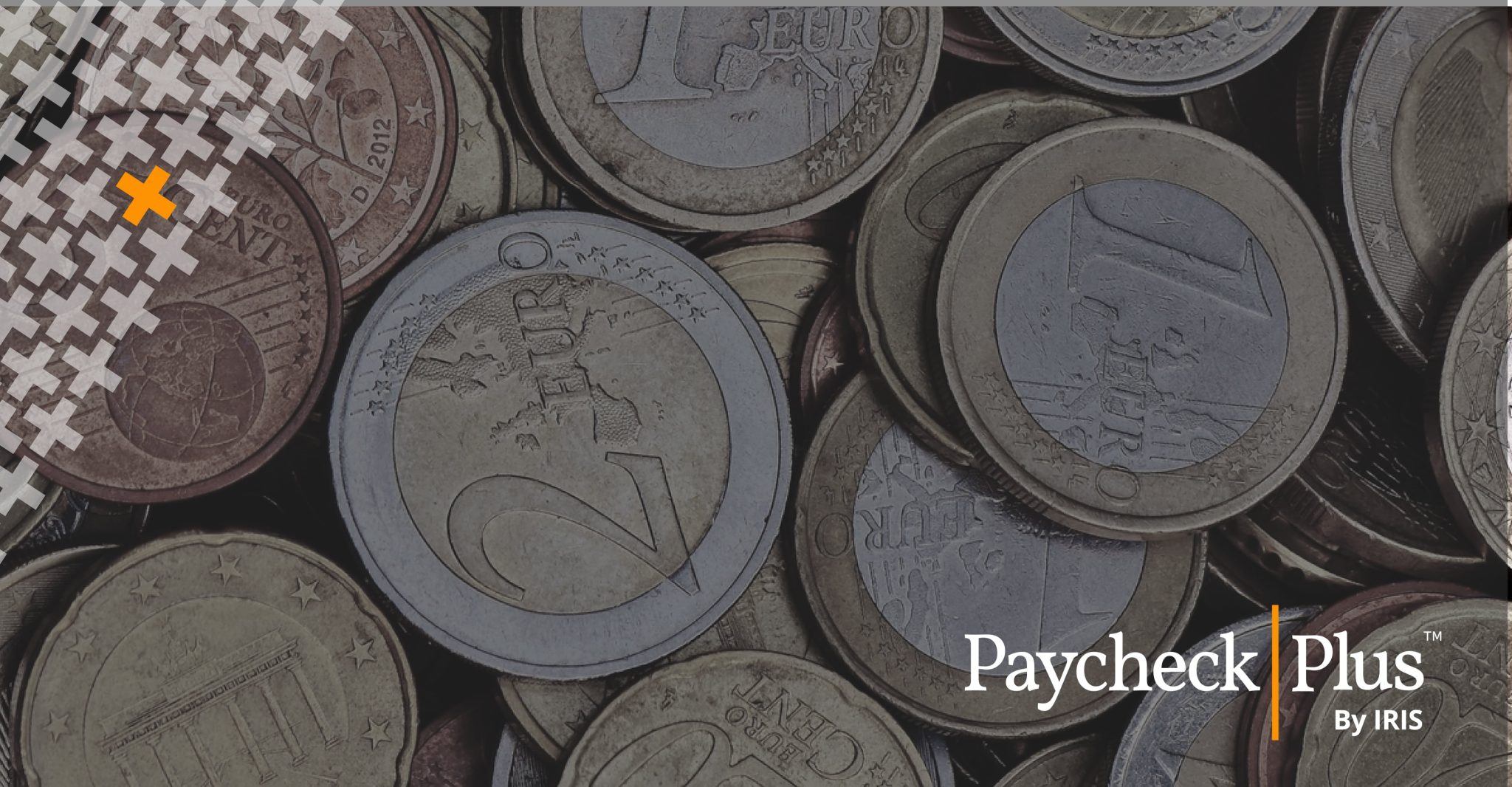Negotiating your pay with your employer is a common practice, but it’s crucial to be aware of the national minimum wage regulations. Since January 1, 2024, the national minimum wage in Ireland has been set at €12.70 per hour. This blog post will delve into the details of these changes, including specific rates for different age groups and sectors.
National Minimum Wage Overview
The National Minimum Wage Act 2000 ensures that most employees receive a minimum wage. As of 2024, the standard national minimum wage is €12.70 per hour. It’s important to note that this minimum wage doesn’t prevent employers from offering higher wages. Exceptions to the standard rate apply to individuals under 20, who receive sub-minimum rates.
Different Rates for Specific Sectors
Certain sectors, such as security and cleaning, have distinct minimum rates of pay established by Joint Labour Committees. Employment agreements and orders (EROs) govern these sectors.
What Counts as Pay: The minimum wage calculation includes various components of your gross wage, such as basic pay, shift premiums, bonuses, commissions, service charges, and more. Additionally, if you receive board or lodgings from your employer, specific amounts are factored into the minimum wage calculation.
Hourly Rate Calculation: Your hourly rate is determined by dividing your gross pay by the total number of hours worked. Clarity on included pay, working hours, and the pay reference period is outlined in the National Minimum Wage Act 2000 Section 20.
Exclusions from Pay Calculation: Certain elements, such as overtime premiums, allowances, and certain payments, are excluded when calculating the minimum wage. It’s essential to understand what does and doesn’t count towards the minimum wage.
Minimum Wage Rates by Age (Effective January 2024):
- 20 and over: €12.70 (100%)
- 19: €11.43 (90%)
- 18: €10.16 (80%)
- Under 18: €8.89 (70%)
Exemptions for Employers: In cases where financial difficulties prevent an employer from paying the minimum wage, the Labour Court may grant permission or exemption for a period ranging from 3 months to one year. The employer must apply for exemption, and the agreement of the majority of employees is required.
How to Address Minimum Wage Issues
Employees not receiving the minimum wage should first discuss the matter with their employer. If resolution is not achieved, they can file a complaint through the Workplace Relations Commission (WRC) for investigation or adjudication.
Future Changes
A significant shift is anticipated as a national living wage is set to replace the national minimum wage by 2026. This living wage will be 60% of the median wage, gradually phased in over time. Until then, the national minimum wage will continue to increase.
Conclusion
Understanding the intricacies of the 2024 changes to Ireland’s national minimum wage is crucial for both employers and employees. By staying informed, individuals can ensure fair compensation and contribute to a thriving work environment.
